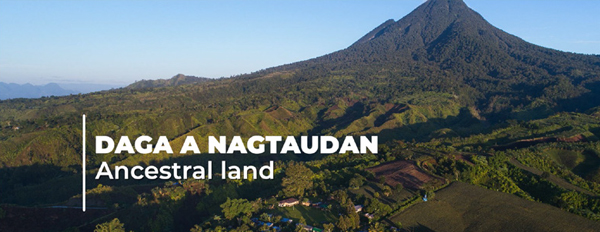The COVID-19 pandemic has affected all communities around the world, resulting in community quarantine and lockdowns of varying degrees. The need for social distancing to quell the spread of the virus has forced people to stay home. Many have lost their jobs and sources of livelihood. Medical frontliners battle the pandemic in healthcare centres, while other organizations and individuals engage in relief efforts to address widespread hardship such as lack of food and scarcity of basic necessities. Strict health protocols have immobilized public transportation while lack of access to communication facilities has caused social isolation. Everyone is affected and needs to do his/her share in battling COVID-19 and addressing its impacts on the people.
Indigenous peoples possess traditional values and practices that have proven effective in protecting their communities from threats. Among the Cordillera Igorot, kasiyana is an expression of optimism in the face of hardship or crisis. Og-ogbo is a form of community cooperation for a common goal. Inayan is the belief of avoiding harmful deeds for the good of the community and the environment. Tengao is a practice of quarantine and rest day during the agricultural cycle to allow people and the land to recover. Sustainable agriculture and forest management practices like lapat and batangan continue to protect the land and resources from
over-exploitation and harm. These practices are transmitted and expressed through traditional ways of learning such as story-telling as well as through music and other art forms.
At a time of enforced community quarantine and social isolation, it is possible and desirable to mobilise indigenous music, culture and heritage as a means to build community solidarity and to spread valuable
messages of care for the environment and collective action for sustainable development and for the common good of all.
To do this, Partners for Indigenous Knowledge Philippines (PIKP) is producing a series of music videos to promote and strengthen indigenous knowledge. Entitled KASIYANA, the music videos express optimism of better days ahead and values of community solidarity, sustainability and self-determination. They feature the music of Salidummay Dap-ayan ti Kultura ti Kordilyera (DKK), an organization of cultural activists in the Cordillera formed in 1987. Their songs use traditional tunes called salidummay, accompanied by bamboo instruments, gongs and guitar with provocative messages on contemporary issues. DKK’s music has persisted through the years and has touched the hearts of indigenous communities far and wide who identify with the tunes and themes of their songs. With these music videos, PIKP hopes to promote traditional values that give hope during times of
crisis and are important to pass on to the youth and other people around the world.
Check out the music videos through:

